A Prisoner of War (commonly PoW, POW or PW) is a combatant who falls into captivity of their enemy in a combat situation. The Second World War was one of the first major conflicts where the rights of prisoners were protected from maltreatment by the Geneva Convention of 1929.
Operations of the Airborne Forces, especially during the Second World War, often involved landing well behind enemy lines in order to secure important objectives before advancing ground troops (or in the case of Normandy, the flank of an amphibious assault). As a result, Airborne troops have often been in peril of capture whenever the circumstances of a battle went against them.
Worse still, early in the Second World War, German soldiers had received an infamous order to kill Allied Special Service personnel - making Airborne Forces particularly vulnerable. In practice however, respect for their role and basic humanity meant serious or fatal abuses of Prisoners rights were mercifully rare in European battlegrounds.
Early actions to blow the Tragino Aqueduct in Italy, and the ill-fated Op Freshman in Norway resulted in all combatants being either killed (in accordance with the earlier order) or captured. In North Africa and Sicily and later in Normandy and Arnhem, Airborne Forces ran a great risk of capture, (especially the injured and their Airborne medics - who were frequently captured, 'liberated' and recaptured in the space of days).
At Arnhem, an extraordinary number were captured and sent to Prison camps in German-held territory. So numerous were the casualties and medics to attend them, the German commanders allowed Airborne medics to set up the Airborne Hospital at Apeldoorn which treated over 2,000 casualties, many of whom were later transported to prison camps. Medical personnel frequently played a key role in ensuring the rights of soldiers under the Geneva Convention were protected.
Nevertheless, wartime Airborne forces had a remarkable record of escape from captivity. A number of the combatants from the initial Tragino Raid escaped to serve throughout the rest of the war. In later engagements in North Africa, Sicily, Italy and Arnhem especially, many would escape and often rejoin the battle (recovering patients even escaped from the Airborne Hospital), whilst others played a prominent role in disrupting German efforts to contain them and re-directing their resources to prevent further escape attempts.
In the latter stages of the War, soldiers from 1st and 6th Airborne played a key role in administering the capture and disarmament of German forces in Germany, Denmark and Norway.
In more recent times, taking Prisoners of War in conflict has been less common. In 1982 however, Paras in the Falklands were initially responsible for large numbers of Argentinian soldiers captured during the latter stages of the Falklands War.

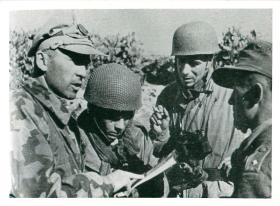
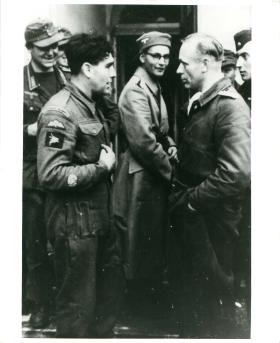
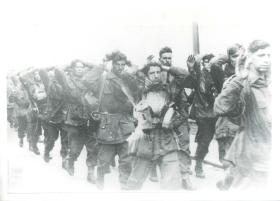
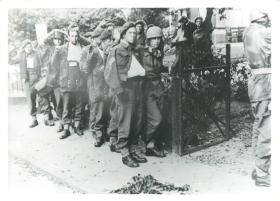
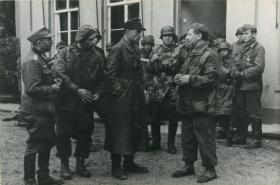
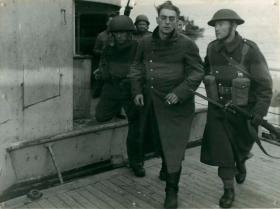
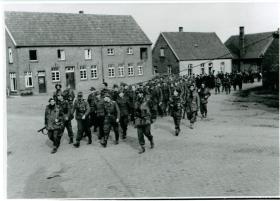
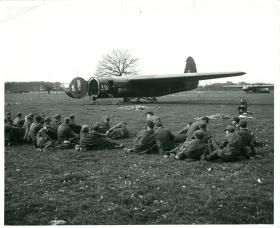
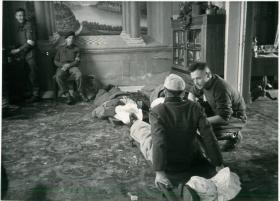
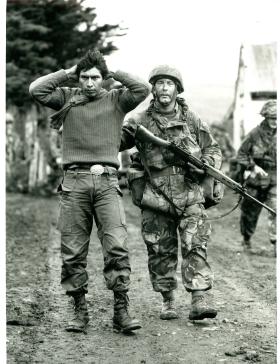
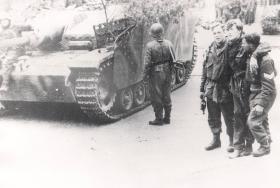
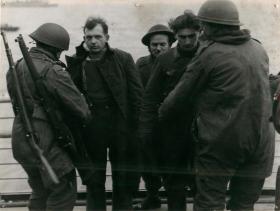
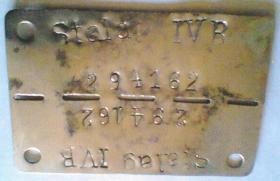
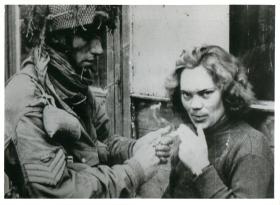
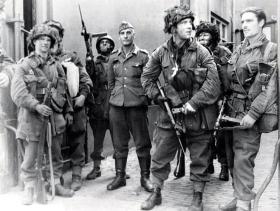
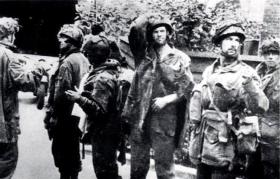
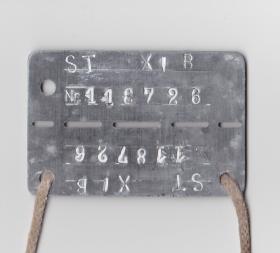
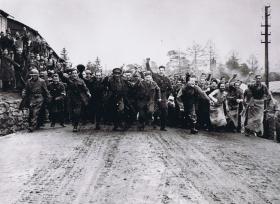
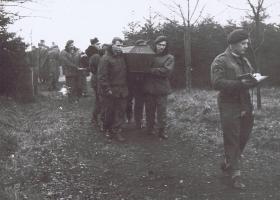
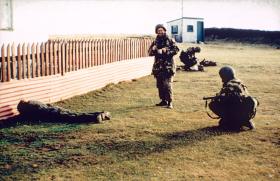
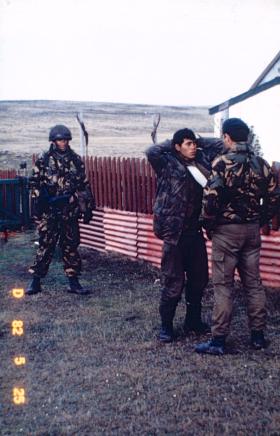
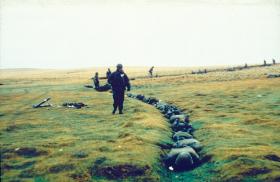
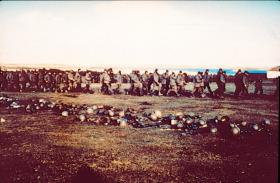
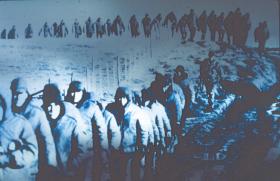
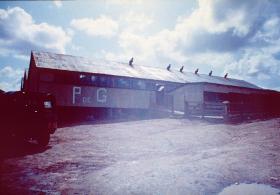
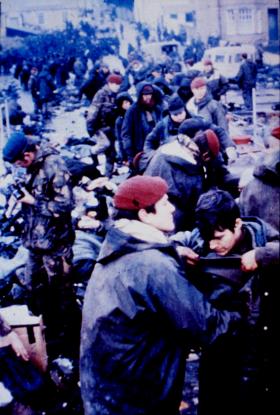
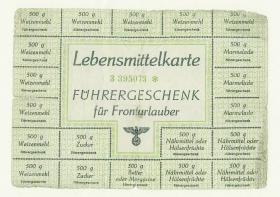
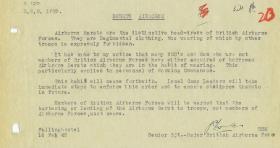
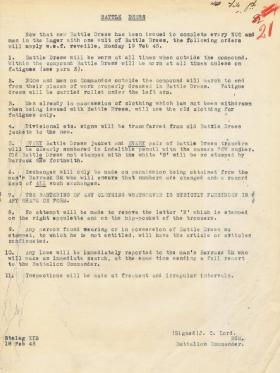
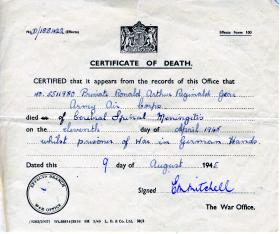
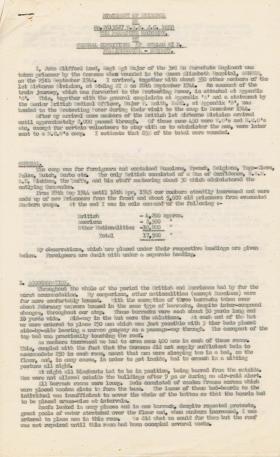
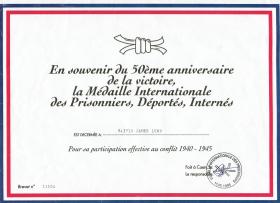
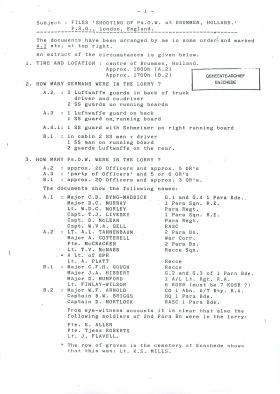
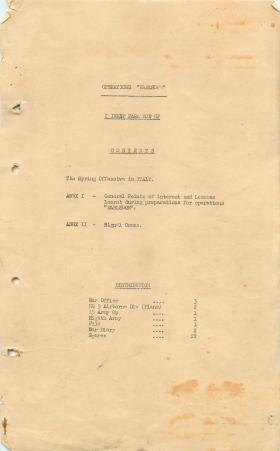
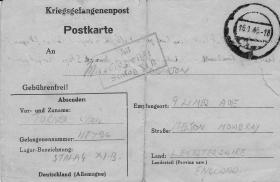
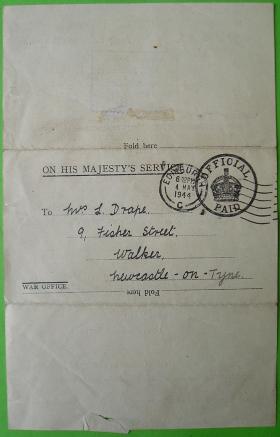
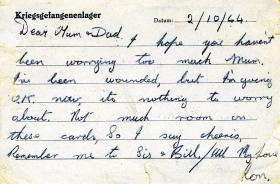
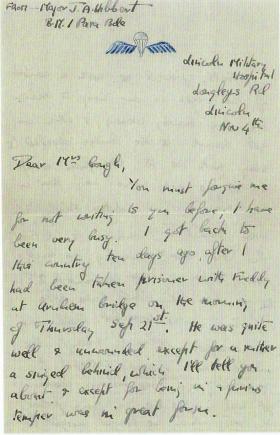
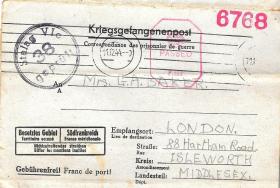
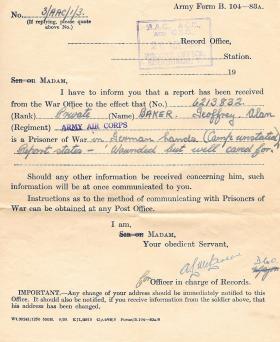
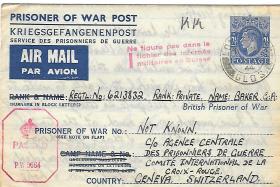
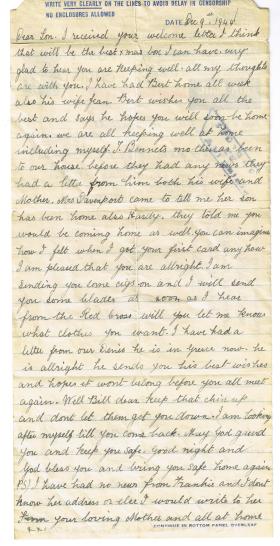
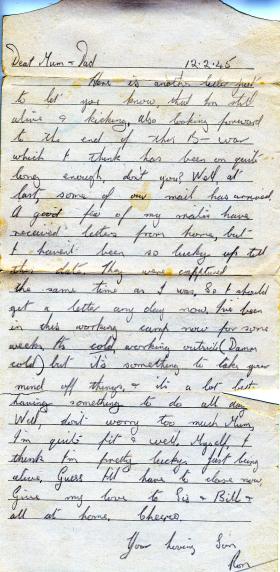
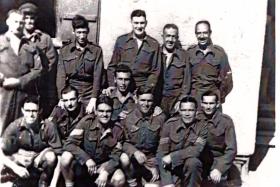
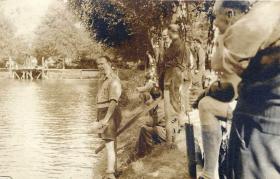
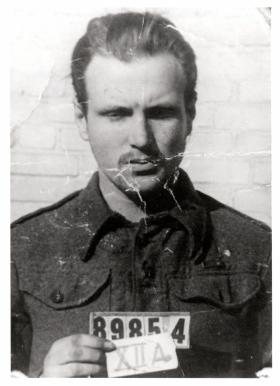

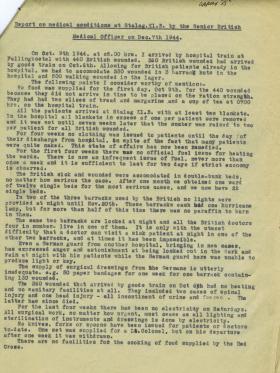
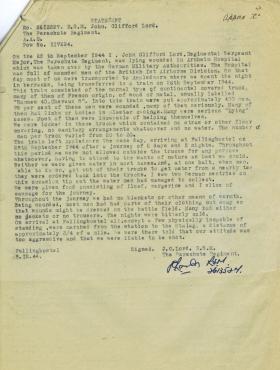
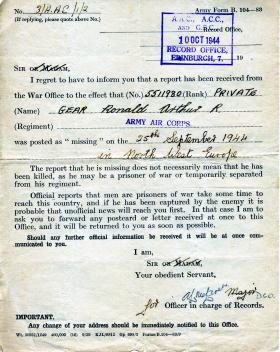
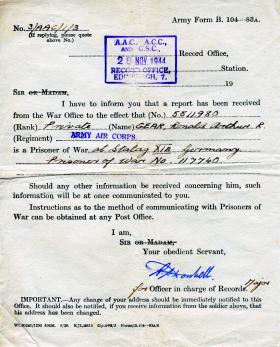
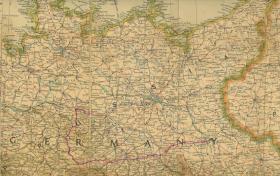
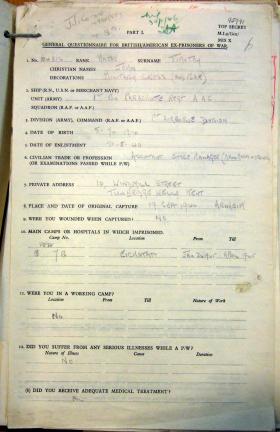
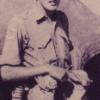


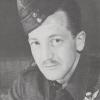
Latest Comments
There are currently no comments for this content.
Add Comment
In order to add comments you must be registered with ParaData.
If you are currently a ParaData member please login.
If you are not currently a ParaData member but wish to get involved please register.